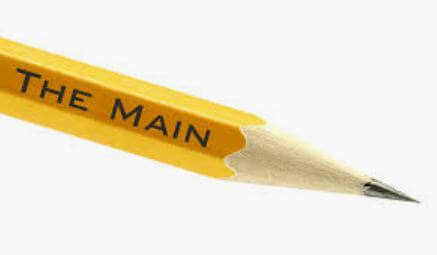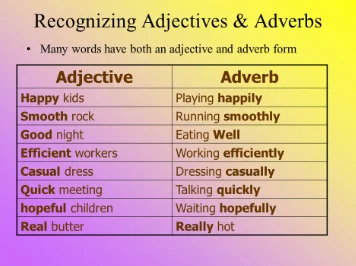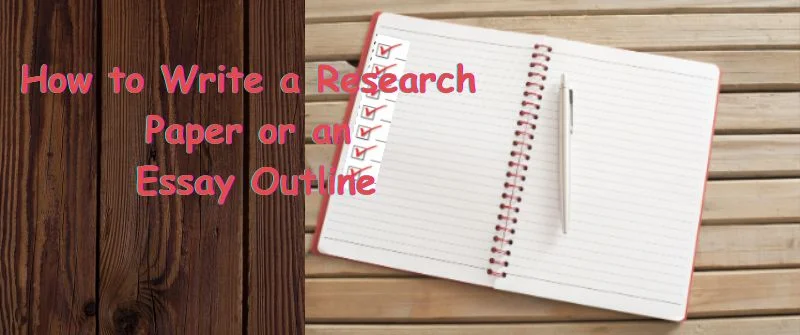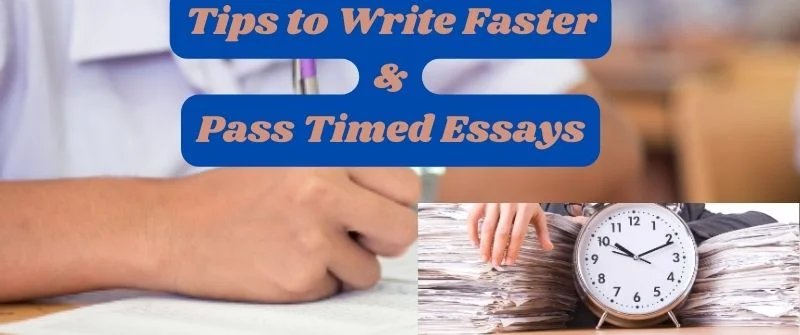How to Shorten an Essay: Reduce Word Count but keep Points

When writing an essay, you may need to shorten it by reducing its word count to the number required by your instructor. In this case, you might have some words you need to eliminate in the essay. Also, you may have to shorten the paragraphs.
Read on for a comprehensive guide on 7 ways how you can shorten your essay but still make the points you intended to keep in the paper. If you need help to shorten your essay, just get in touch with our online essay writers, and the team will help you score an A
Get an expert writer to score an A in your next essay assignment. Place your order today, and you will enjoy it.
How Do I Make My Essay Shorter
It is possible to shorten your essay or reduce the word count to meet the requirements during the editing process. The editing process should be the last step in writing your essay. The following are some of the most effective techniques to shorten your essay.
When it comes to writing essays, there are two types of students; those who write beyond the word count and those who write below the word count.
For those who write beyond the word count, you can use simple techniques to shorten an essay.
1. Rank your Arguments’ strengths and weakness
The first technique for making your essay shorter is by ranking your arguments. If your essay is longer than the requirement, rank the points used to support your arguments.

A good essay should contain only the most vital and valid points.
If you find some of your weak supporting points, eliminate them while removing the unnecessary wording.
Students will often be tempted to present a multifaceted point of view to support a single point.
While this may demonstrate your knowledge of the subject, it will add unnecessary content to your essay.
To avoid this and reduce the essay’s length, carefully select the most relevant and vital points.
However, if you still want to include all the points, you can minimize the details, especially within weaker points. This will make your essay shorter.
2. Focus on the Main Point of your Essay
This is a very practical technique for making your essay shorter. When given an essay to complete, the instructor expects you to come up with a topic and support it throughout your essay.

Valid arguments within each paragraph of your essay should support the topic and the thesis statement.
Therefore, if your essay is longer than recommended, look for sentences or entire paragraphs that do not address or support your essay’s main point or topic.
Students may find themselves accidentally going off-topic and including other unnecessary wordings and arguments to make their essays appear “smarter” or well-written.
This can result in unnecessary words and sentences beyond the required word count.
If you identify such unnecessary arguments within your essay while editing, eliminate them to focus more on your main point and achieve the target word count.
3. Eliminate the use of Verbiage
You should eliminate the verbiage if you want to make your essay shorter. This is especially relevant when writing academic essays where you are required to present your arguments professionally and straightforwardly.
Eliminate any extra information or words that do not add value to your point or overall argument. Such verbiage is some of the weak words to avoid in writing essays and research papers.
You can eliminate unnecessary adjectives, adverbs, generalizations, clichés, and lengthy verb phrases here. You can do this while performing the first and second techniques mentioned above.
4. Write Short Sentences using the Active Voice
As we have noted, academic essays will require you to present your arguments straightforwardly. Using the active voice while constructing your sentences will help you achieve this while keeping them brief.

While this may not apply to all sentences within your essay, try to begin most of your sentences using the subject.
In this case, the subject is the thing or person performing an action. This should be followed by the action the subject performs.
If you use the passive voice, where you describe how the object is acted upon, then your sentences will be longer and contribute to the unwanted length of the essay.
For example, take a simple sentence like, “John plays basketball regularly.”
This sentence is in the active voice because John (subject) performs the action of playing basketball (object).
Now take a sentence like, “basketball is regularly played by John.” The second sentence is in passive voice because it describes how the object (basketball) is acted upon.
The first sentence in the active voice comprises 4 words, while the second sentence in the passive voice comprises 6 words. Therefore, you can see that writing in an active voice shortens your essay.
5. Utilize the most Applicable Strong Verbs
This may seem obvious, but many students cannot find the most applicable verbs. They find those that are close instead of using the perfect verb.
If you want to shorten your essay, find the best verb that conveys a precise meaning.

This is because when you use an imperfect verb, you will end up using more words to clarify the meaning.
Here is an example to clarify what is meant by using the most applicable verb:
“John’s team defeated the opposing team by several points.”
Using “defeated” in the above sentence is not grammatically wrong. However, it is not the best verb to use because John’s team not only defeated the opposing team, they all defeated them by several points.
If you wish to reduce the word count while maintaining the same meaning, you can use the verb “trounce” in place of “defeat.” The new sentence will be:
“John’s team trounced the opposing team.”
6. Quote from the most Relevant Sources
In academic essays, you may be required to provide quotes from secondary sources to support your essay. The number of sources needed depends on the length of the paper. For instance, a 4-page paper may require more secondary sources than a 2-page one.
However, if you find that you have used several quotes that are lengthening your essay, retain quotes from secondary sources that are most related to your topic, and eliminate the rest. Again, only cite the sources that are most relevant to your topic.
7. Avoid Block Quotes
The best way to avoid longer essays is by avoiding direct quotations from other authors. This can be done by paraphrasing their content and just citing the sources without using many words.
Avoiding block quotes will make the paragraphs short and your arguments more captivating to the reader. Therefore, avoid using essay or sentence generators, as these will quote other sources.
However, note that using external sources to support your points and arguments is always advisable when writing an essay. Such supporting content is important for the grades and to back up your claims.
Get a Brilliant Essay today!
Let our essay writing experts help you get that A in your next essay. Place your order today, and you will enjoy the benefits.
Weak Words to Avoid in Writing an Essay
Now that we have explored the most applicable methods or techniques that can help make your essay shorter, it is important to identify the unnecessary things to avoid in an essay to avoid going beyond the word count.
1. The passive voice
As we have noted, the passive voice makes your sentences unnecessarily lengthy. On the other hand, the active voice makes the sentences more compelling and clear because they are straight to the point.
Consequently, the active voice uses lesser words compared to the passive voice. Therefore, it is important to avoid the passive voice in an essay.
2. Adverbs and Adjectives

While adjectives modify nouns while adverbs modify verbs, good and well-utilized words in a sentence do not require modifying.
In most cases, adjectives and adverbs weaken strong nouns and verbs, thus weakening your overall writing.
Such weak words add no value to your paragraphs; you must avoid them when writing an essay.
When editing your essay and you find adverbs with “ly” as their endings, you can eliminate them because they act as filler words that add no value to the point you are trying to communicate.
When it comes to adjectives, they do not add meaning to the sentence and are, therefore, unnecessary.
3. Conjunctions
Conjunctions such as and, or, however, but, and, e.g., connect two different sentences that can be written independently. They are unnecessary when you want to make an essay shorter.
These are some of the words that make an essay ridiculously long and create the need to be precise. Eliminating them reduces the word count and shortens the essay.
4. Running Starts and Needless Transitions
Running starts are commonly used phrases that act as an introduction to the sentence. They include “it is, “there is, “the fact that, “and so on. This is basically the opposite of what we discussed in our post on making an essay longer, as we outlined.
Those phrases add unnecessary words to your essay. Needless transitions can be “furthermore,” “then,” indeed,” “however,” and so on.
The bottom line is that when you are told to write a specific number of pages or meet a particular word count, it is imperative to meet the requirements because you will lose some points.
5. First-Person Language
This is a common thing in any essay writing task. It is always advisable that one should avoid using first-person language when writing an essay. This is because the first person is not formal and tends to be confrontational.
Instead of first-person or second-person language, always use a third-person approach. While this does not contribute i reducing the word count, it gives a lot of formality to your essay and puts a warm reading tone.
In addition, using the third person promotes the objectivity of your arguments by presenting them in a manner that can relate to any person, in this case, your readers. Read our guide on avoiding the first-person language in an essay and apply that in your future writing.
Following the above tips will make it easier to shorten your essays.
Watch this video to learn more about this.
[youtube v=”8eQtcTTMb5o”]
With over 10 years in academia and academic assistance, Alicia Smart is the epitome of excellence in the writing industry. She is our managing editor and is in charge of the writing operations at Grade Bees.





